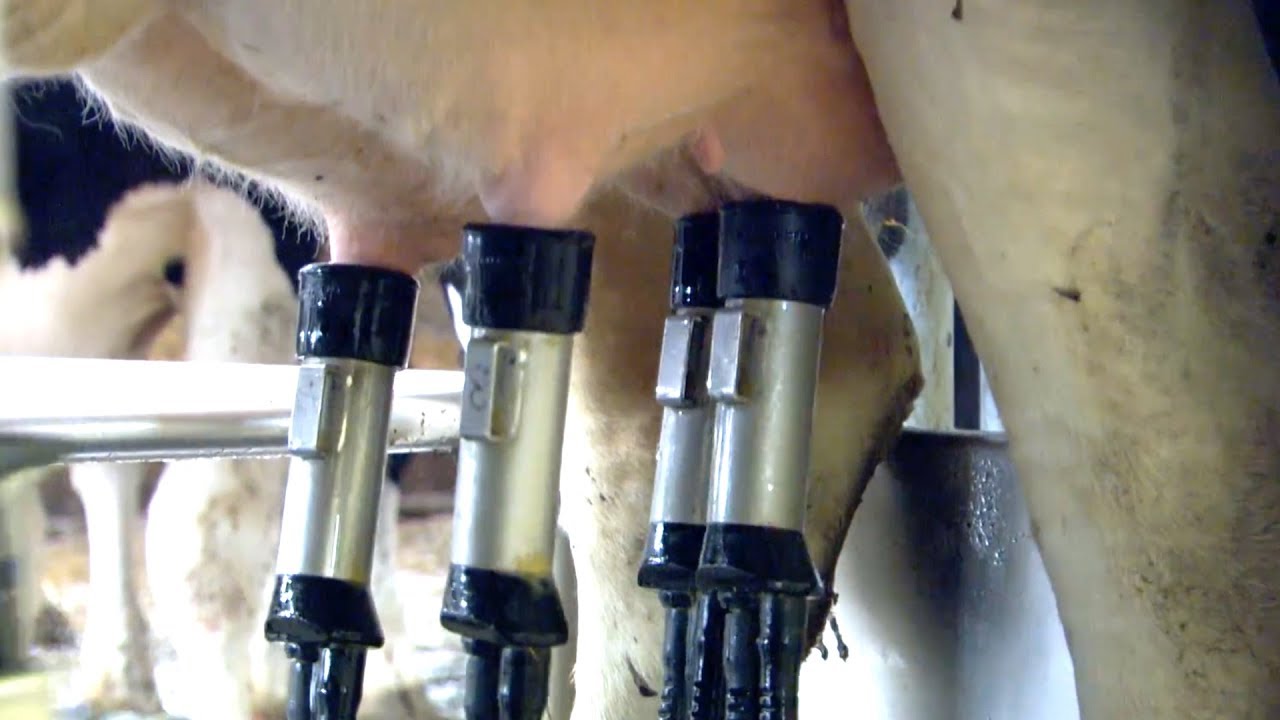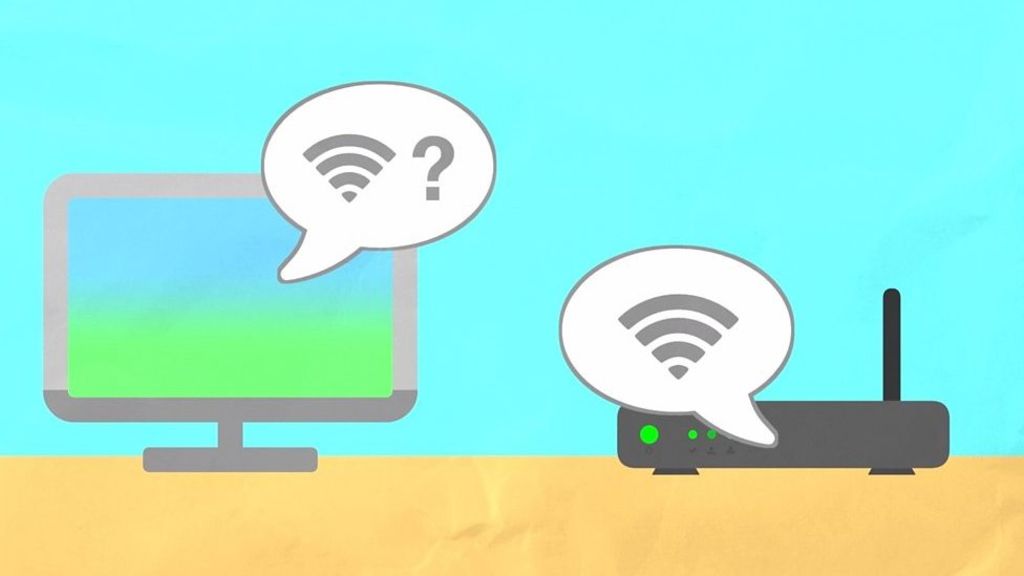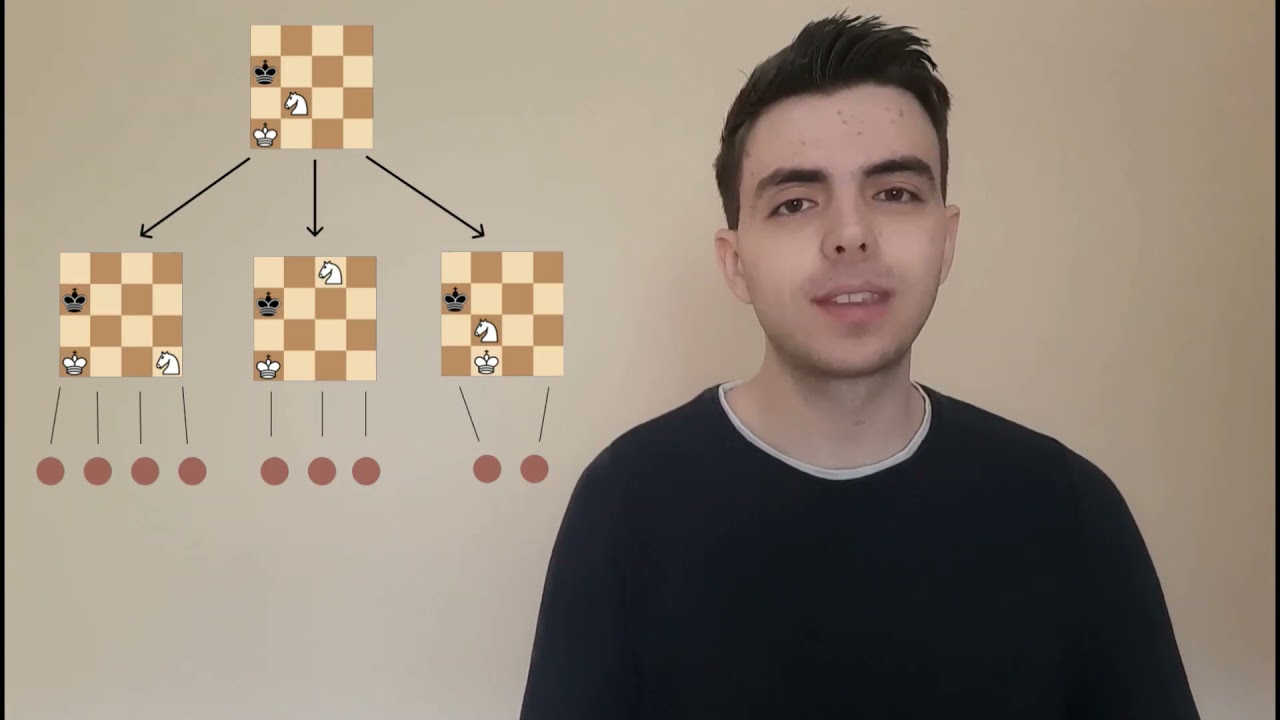BBC Earth Lab
These robots milk cows when they demand it.
Subscribe: http://bit.ly/SubscribeToEarthLab
All the best Earth Lab videos http://bit.ly/EarthLabOriginals
Best of BBC Earth videos http://bit.ly/TheBestOfBBCEarthVideos
The Doctors Are In The House http://bit.ly/TheDoctorsAreInTheHouse
Best Of Earth Unplugged Videos http://bit.ly/BestOfEarthUnpluggedVideos
Jimmy’s Food Factory, Series 1
Instant coffee, processed cheese, square sandwich ham – behind every supermarket product is a process and behind every process is a scientific breakthrough. In this entertaining and thought-provoking programme, farmer and TV personality Jimmy Doherty unpacks the science behind the food items we buy every day – from stay-fresh bread to soft scoop ice cream. Working from a makeshift science lab inside a barn, Jimmy carries out experiments to uncover the secrets of food technology. Exploding myths and revealing the little-known processes of food production, Jimmy’s Food Factory will change the way you think about food.
Welcome to BBC Earth Lab! Here we answer all your curious questions about science in the world around you (and further afield too). If there’s a question you have that we haven’t yet answered let us know in the comments on any of our videos and it could be answered by one of our Earth Lab experts.
Want to share your views with the team behind BBC Earth and win prizes? Join our fan panel here: http://tinyurl.com/YouTube-BBCEarth-FanPanel
This is a channel from BBC Studios who help fund new BBC programmes.Service information and feedback: http://bbcworldwide.com/vod-feedback–contact-details.aspx
Source




Vegan people
Can you stop been like fly’s
If you don’t like milk it’s up to you
We do like milk and we hate your believe
Take care of animals for humanity
shmo shmegan!
Next tell us how you rape them and steal their calves "intelligently"
Where can I get one of these magical houses that only cost 120k?
Comments here much wow lol
"We all know how that feels like…"
On any dairy farm, no matter how organic or "free-range" (i hate this term, it's the definition of doublespeak), the cows are artificially inseminated against their will (some would say raped), so that they can give birth over and over like birth machines.
Cows’ horns are burned or sawed off, most often without any anaesthetic at all. Every four to five weeks, dairy farmers use a propane torch to singe the hair around cows’ sensitive udders.
Through genetic manipulation and drugs, cows produce abnormally large amounts of milk. This unnatural production and the physical damage caused by milking equipment often lead to mastitis, a painful udder infection. This leads to an excessive use of antibiotics, which also puts all of OUR lives in danger
Unfortunately, the image of a cute little farm with a grandma milking the cows that walk freely around as they wish is just not accurate. It's an idea spread specifically by companies that abuse animals to keep the consumers' minds at ease.
Most people don't even realise that cows need to be PREGNANT to produce milk – even though when you think about it, it's entirely obvious – specifically because since we are born we are told that cows make milk. Ok sure they do, when they have babies to feed. But so do humans. Think about how perverse for a moment to consume the life-giving fluids for the offspring of another animal. Not only that, but how unethical is it to steal those offspring, murder them or underfeed them and take away their right to a mother who loves them. Would you drink human breastmilk with your coffee, or on your cereal? Would you eat cheese made from human milk?
We live in a carnist society, that tells us it's ok to abuse animals because that's what their for. But the most dangerous words in any society are: "That's how we've always done it"
Now make a machine to auto-collect the salty tears from vegans so i can drink them.
So many smelly vegans in the comment section. Go get a sensible haircut you damn hippies!
I love how vegans are taking over this comment section, let's go!
So many brainwashed vegans… Keep crying, but leave the soy alone. My cows need it more than your sorry asses.
Milk! it's BRILLIANT!
I expected to see a tonne of comments saying this is good, I am so glad I see a bunch of vegan comments.
Should have featured Lely robotics… De Laval is pretty sub-standard in comparison
I exclusively eat animals
What they fail to say is how many times theses cows are made pregnant and then have their calves removed from them. But hey, at least they can get milked whenever they want…
Anyway, at least they seem to treat much better than other producers
Who wrote the title: Cow Farming? This is Dairy Farming rather than Beef (both moo cows ?)
So, how closely do they manually monitor the cows to be sure they aren’t showing signs of infection?
This is so sad
Cows milk is for cows
Animal agriculture is so sad. I can't wait for cultured meat/dairy and other veg alternatives to end it all.
Good God shoot me if I not only become a vegan, but a preachy vegan. Worst kind of people on the web, annoyance in life.
@BBC Earth Lab
Livestock accounted for 23% of GHG emissions in 2010 according to this study: https://www.nzagrc.org.nz/news,listing,433,new-research-shows-significant-impact-from-livestock-on-actual%20-warming.html and it doesn't even count in indirect effects. I guess in 2018 it is even greater, probably around 30%, as the industry grows over time. https://www.coursera.org/lecture/feedingtheworld/demand-for-animal-products-Qvy5X . And more recent study suggesting that avoiding meat and dairy is single biggest to reduce the impact on earth https://www.theguardian.com/environment/2018/may/31/avoiding-meat-and-dairy-is-single-biggest-way-to-reduce-your-impact-on-earth. Climate change scenarios are very alarming https://www.youtube.com/watch?v=Dohwus7rXqY . We need to really go out of our own way to make it better. So it would great if BBC Earth Lab weighed in all of this science and made the right choices for videos to make.
Sure. I can imagine they all happily and willingly going to bleed like in 2:07 because they like it so much. I wonder if the starving calves are equally happy
THese dairy farms for cows are a living hell.
"This doesn't sound like good news for the cows, but let me tell you something, it could be the best thing that ever happen to them!" Noo, that would be not having human arms in their anus every year and maybe getting all their babies back.. "the machine that puts cows in charge (without their newborn but pfff) and the cows even seem to like it." No being wants their babies stolen.
Each cow might produce more milk but there’s no way it’s as fast as a rotary system so less milk in a short period of time…
1:55 ?????
at the first, i thought he was christ pratt
This video should be been titled "How to make a cow happy"
How did you teach them to come in by themselves the first time?
Animal Abuse
“We all know what it feels like!” ?
Due to my visit to Chernobyl, now I need one of these.
Vegans will find a way to complain.
but can you make a machine that PRODUCES the milk XD
How can we bring this technology to Kenya?
– What's the name of the technology developers or dairy farm?
very clever stuff
Well worth the money I guess so long as it doesn't break
And the next day, the cow gets slaughtered for meat